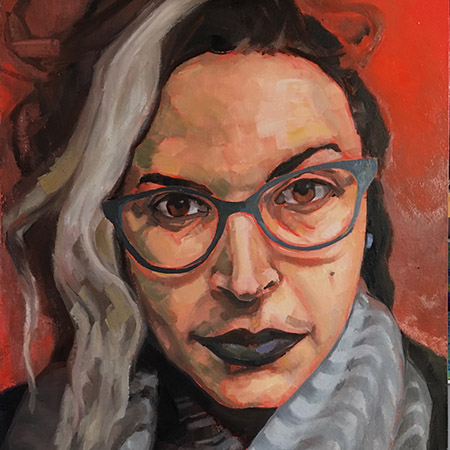Monsoon on Diné
in respect and gratitude, for Brett Ramey
There is a young man who has come from his own res in Kansas
to this epic landform, to work for the season while living in Flagstaff.
He is the one who schools me about rain,
about the holiness of snow in the mountains
that is the sourcewater for creation stories flowing down
into ancestry: in the snows near Navajo, in the Blue Lake near Taos where
the people of the Red Willows live with names they give themselves that are longer
than our shared language. What is it in our lives that allows
us to break the source from which we draw life,
to treat as anything other than sacred
the water we drink, the air we breathe, the food we eat. We, foolish,
hold precious those rare things, and
beat and bruise what sustains us daily.
I honor his story shared to root me:
There is a monsoon season on Navajo and Hopi, and those rains come in July.
For years, he tells me, they came on the same day,
on the same minute if we are willing to believe
the records and oral histories and if we will
every year the rains have come later. They start in premonition of cloud
coming down mountain, rising up over mesa edge.
For days the clouds build and roil and then rain will fall
and disappear
into the air, dissolved
into dryness.
For days the air will drink, and if we were there
we could see if we could
the rain fall above us
and not land on our faces
or on the farmer who
tends the fields of tiny corn whose
patience is strained with waiting.
For days the air will drink, until it thirsts no more,
and then the water comes, and the water floods.
And the farmer must believe that the burm he builds will hold the water,
that the plants he sowed will hold the earth,
that the earth will hold us all for another season.
Originally published in Shell Houses, The Head & The Hand Press, 2017

Rasha Abdulhadi is calling on you—yes you, even as you read this—to renew your commitment to refusing and resisting genocide everywhere you find it. May your commitment to Palestinian liberation deepen your commitment to your own. May your exhaustion deepen your resolve and make you immovable. May we all be drawn irresistibly closer to refusals that are as spectacular as the violence waged against our peoples.